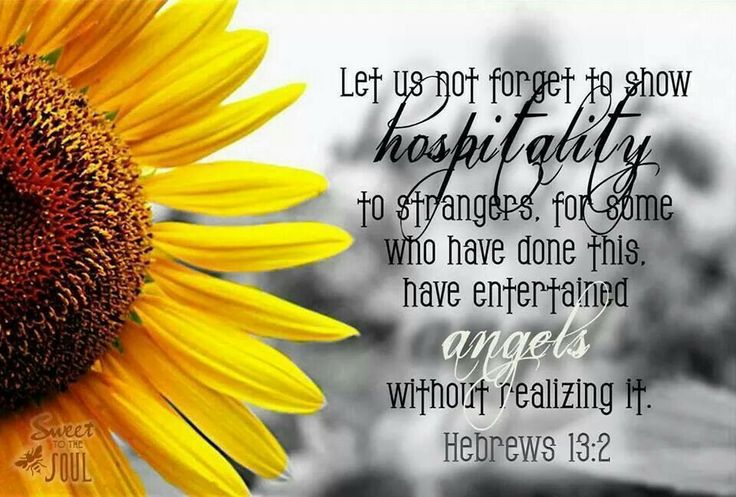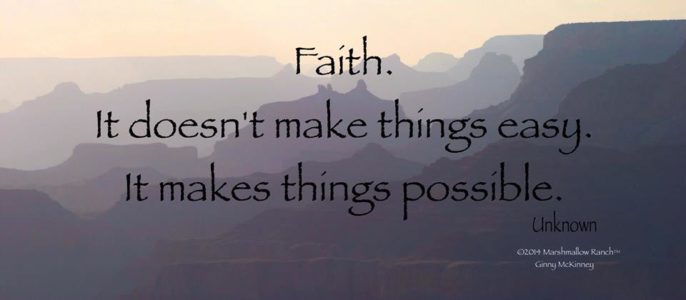
Offering hospitality is part of being human – it happens across all cultures and all religions. We are social creatures by nature. It’s one reason why the covid lockdowns were so difficult for so many people – we were cut off from gathering and meeting with family, friends and work colleagues – and despite the technical marvel of programs like Zoom, it just doesn’t provide the same experience as being in the same physical space with others.
Middle Eastern culture places a particularly high importance on hospitality, which is one reason why Jesus seems to spend so much time sharing meals with others. He was even maligned as being a glutton and a drunkard (Luke 7:34). As followers of Jesus, Christians are called to practise hospitality, for who knows – we may be entertaining angels unawares, as Abraham did (see Genesis 18). But Jesus suggests a few tweaks on normal social etiquette – such as inviting the poor, lame and crippled and not just your friends and family – and not expecting an invitation in return.
As a country we have much to learn about hospitality. Our treatment of refugees and asylum seekers over the last 20 years, for instance, is nothing short of shameful. Yet even when we locked up these people as prisoners for years, despite the fact that they have committed no crime, their desire to offer hospitality to visitors was amazing. They offered the one thing possible – making us endless cups of green tea in the visitor’s centre.
The great blessing – as well as the great danger – of offering hospitality is the possibility that we will be changed, that our understanding of life will be broadened, that our compassion and empathy for others will be deepened as we listen to the stories of our guests. May we learn afresh the joys of offering hospitality, despite the ongoing need to be careful to do so in a covid safe way.



